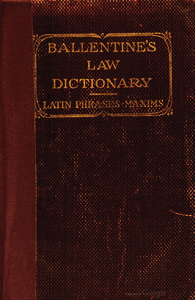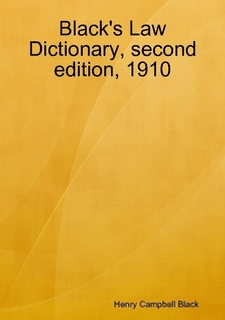One so connected with the crime that at common law he might himself have been convicted either as principal or as an accessory before the fact. See Ann. Cas. 1913A, 771; also 20 Am. St. Rep. 163 and 39 L. R. A. (N. S.) 704, and note.
Definition of Accomplice
-
Ballentine's Law Dictionary
-
Black's Law Dictionary: 2nd Edition
In criminal law. A paason who knowingly, voluntarily, and with common intent with the principal offender udltes ip the commission of a crime. Clapp v. State, 94 Tenn. 186, 30 S. W. 214; People v. Bolanger, 71 Cal. 17, 11 Pan. 799; State v. Umide, 1U> Mo. 452, 22 S. W. 378; Carroll v. State, M> Ark. 539; State v. Light, 17 Or. 358, 21 Fine. 132. One who is pitied or united with another; one of several concerned in a felony; an associate in a erime; one who co-operates, aids, or assists,in committing it State v. Ban, 90 Iowa, jp, 58 N. W. 898. This term includes all jhe "participes criminis, whether considered in strict legal propriety as principals or as accessaries. 1 Buss. Crimes, 26. It is generally applied to those who are admitted to give evidenco against their fellow criminals. 4 Bl. Comm. 331; Hawk. P. C. bk. 2, c. 37, § 7; Cross v. People, 47 111. 158, 95 Am. Den. 474. One who is to some way concerned in the commission of a crime, though not as a principal; and this includes all persons who have been concerned in its commission, whether they are considered, in strict legal propriety, as principals in the first or second degree, or merely as accessaries before or after the fact. In re Rowe, 77 Fed. 161, 23 C. C. A. 103; Pcople v. Bolanger, 71 Cal. 17 11 Pac. 790; Polk v. Sinte, 36 Ark. 117; Armstrong v. State, 33 Tex. Cr. IS. 417, 26 S. W. 829.

